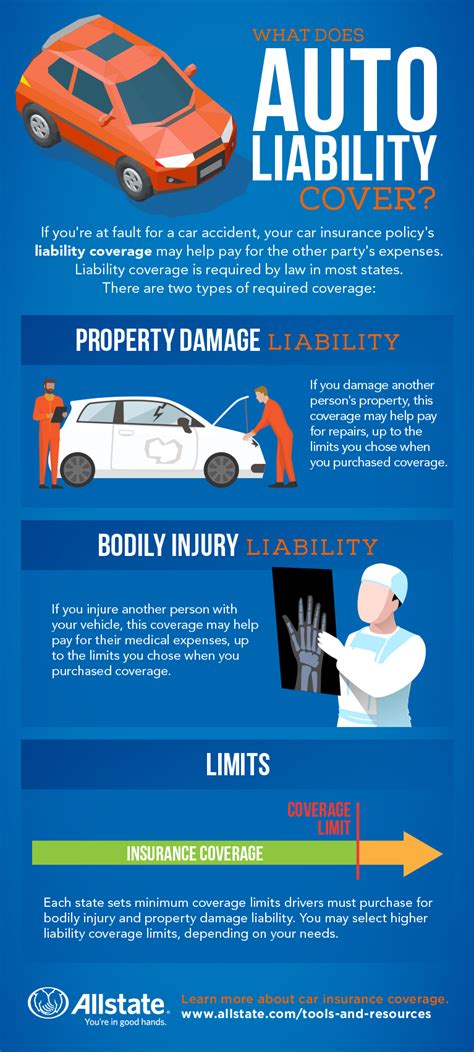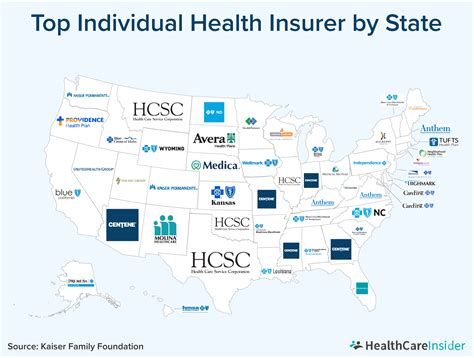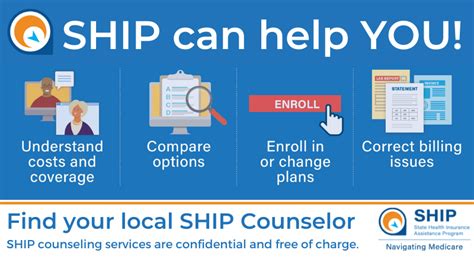What Liability Insurance Covers

Liability insurance is an essential component of risk management, offering crucial protection to individuals, businesses, and professionals against a range of potential liabilities. It provides financial coverage for claims arising from accidents, injuries, property damage, or other incidents, ensuring that the insured party can mitigate the impact of such events without facing catastrophic financial consequences.
Understanding the Scope of Liability Insurance
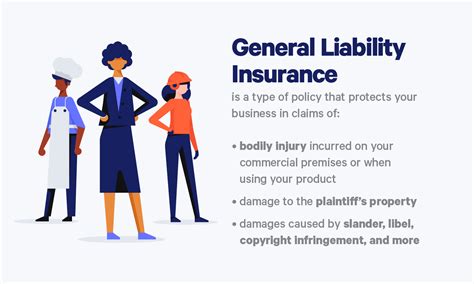
Liability insurance, often referred to as “third-party insurance,” is designed to protect individuals and entities from claims made by third parties. These claims can arise from a variety of situations, including bodily injury, property damage, personal injury, or advertising injuries. The primary purpose of this insurance is to safeguard the insured from the financial burden of legal defense and any subsequent compensation awards or settlements.
The scope of liability insurance can vary significantly depending on the specific policy and the nature of the insured's operations or activities. It can cover a wide range of risks, from product liability claims to professional negligence suits, ensuring that the insured has the necessary financial resources to navigate potential legal battles and their aftermath.
Key Coverages Provided by Liability Insurance
Liability insurance policies offer a comprehensive range of coverages tailored to the specific needs of the insured. Here are some of the key coverages typically provided:
- Public Liability Insurance: This coverage protects the insured against claims arising from bodily injury or property damage caused to third parties. It's particularly relevant for businesses that interact with the public, ensuring they are financially protected in the event of an accident or injury on their premises.
- Product Liability Insurance: Businesses that manufacture, sell, or distribute products often rely on this coverage. It provides protection against claims resulting from defective products, ensuring the business is not held financially responsible for injuries or damages caused by their products.
- Professional Liability Insurance: Also known as Errors and Omissions (E&O) insurance, this coverage is essential for professionals like consultants, advisors, or service providers. It safeguards against claims of negligence, errors, or omissions in the provision of professional services, protecting the insured's reputation and financial stability.
- Employers' Liability Insurance: This coverage is a legal requirement for employers in many jurisdictions. It provides protection against claims made by employees for work-related injuries or illnesses, ensuring that employers can meet their legal obligations without significant financial strain.
- Cyber Liability Insurance: In the digital age, this coverage has become increasingly crucial. It protects businesses and individuals from the financial consequences of data breaches, cyber attacks, or other online risks, covering expenses related to data recovery, legal fees, and potential compensation to affected parties.
Each of these coverages plays a critical role in managing the diverse range of risks that individuals and businesses face in today's complex world. By understanding the specific needs and operations of the insured, liability insurance policies can be tailored to provide the most comprehensive and effective protection.
The Importance of Tailored Liability Insurance
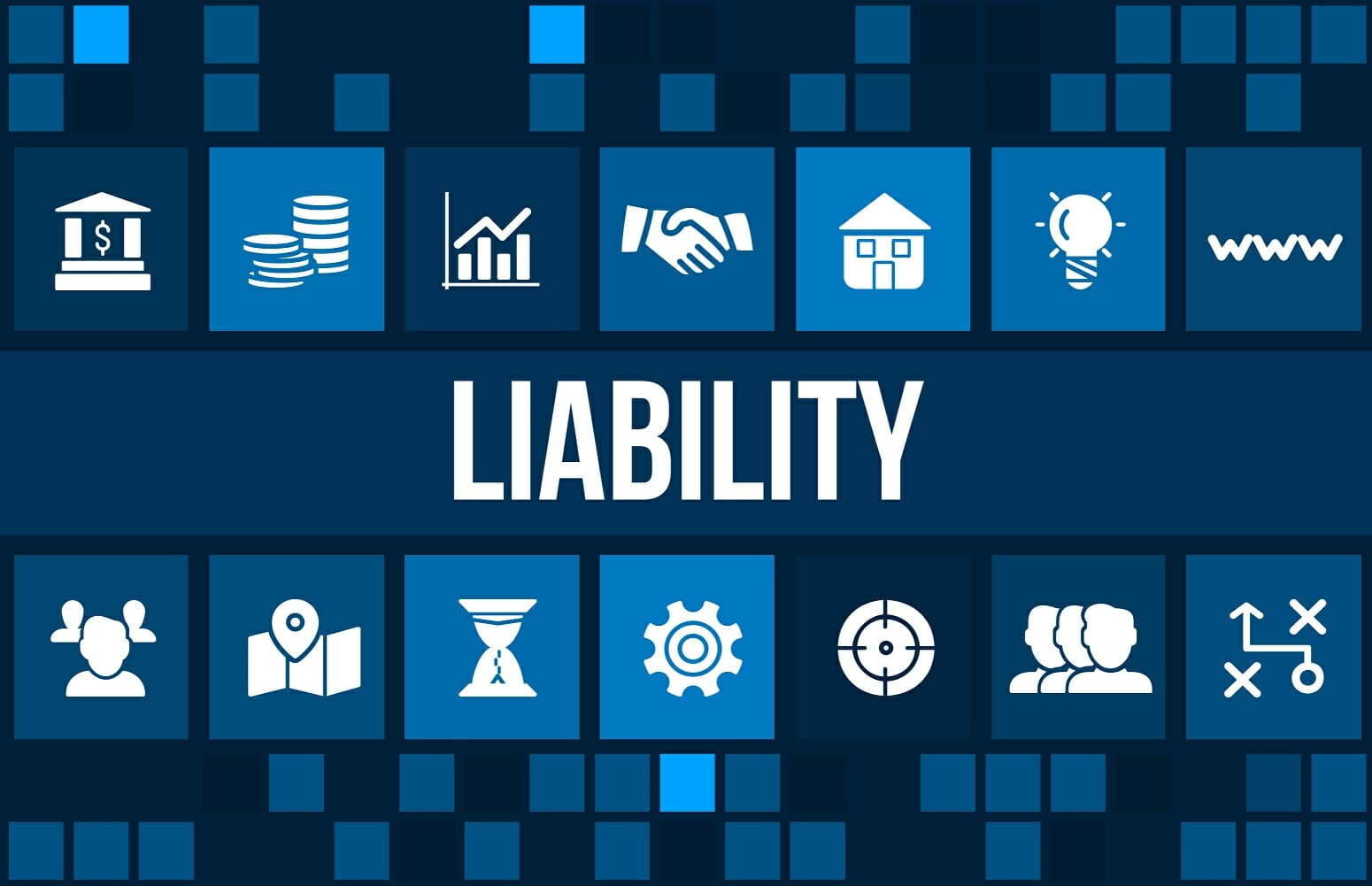
While liability insurance offers a broad range of coverages, it’s crucial to tailor the policy to the specific needs and risks of the insured. Every business or individual has unique operations, activities, and potential liabilities, and a one-size-fits-all approach to insurance can leave significant gaps in coverage.
For instance, a small e-commerce business primarily focused on online sales may require different liability insurance coverage compared to a large manufacturing company with physical premises and a fleet of delivery vehicles. The former may prioritize product liability and cyber liability insurance, while the latter may need more extensive public liability and employers' liability coverage.
Tailored liability insurance ensures that the insured receives the most appropriate and cost-effective coverage for their specific circumstances. It involves a thorough assessment of the insured's operations, potential risks, and legal obligations to determine the necessary levels of protection. This process often involves consulting with insurance professionals who can provide expert guidance and advice based on industry knowledge and experience.
Benefits of Tailored Liability Insurance
- Comprehensive Protection: Tailored liability insurance ensures that the policy covers all relevant risks, leaving no gaps in coverage. This comprehensive protection provides peace of mind, knowing that the insured is adequately safeguarded against a wide range of potential liabilities.
- Cost Efficiency: By focusing on the specific needs of the insured, tailored liability insurance can be more cost-effective. The insured only pays for the coverages they require, avoiding unnecessary expenses for coverage that may not be relevant to their operations.
- Legal Compliance: Different industries and jurisdictions have specific legal requirements for liability insurance. A tailored policy ensures that the insured meets these obligations, avoiding potential penalties or legal consequences for inadequate coverage.
- Risk Management: Tailored liability insurance is an integral part of a robust risk management strategy. It allows the insured to identify and address potential risks proactively, helping to mitigate the likelihood and impact of claims.
In today's dynamic business environment, where risks can arise from a multitude of sources, tailored liability insurance is a crucial tool for individuals and businesses to manage their exposure effectively. By working with insurance professionals to create a customized policy, the insured can navigate the complexities of liability insurance with confidence, ensuring they are protected against the full range of potential liabilities they may face.
The Future of Liability Insurance
The landscape of liability insurance is constantly evolving, driven by changes in technology, regulatory environments, and societal expectations. As businesses and individuals face new and emerging risks, the insurance industry must adapt to provide effective coverage solutions.
One of the most significant trends shaping the future of liability insurance is the increasing focus on emerging risks. With the rapid advancement of technology, businesses are facing new risks associated with cyber attacks, data breaches, and digital liability. Insurance providers are developing innovative products to address these risks, offering comprehensive coverage for cyber-related incidents.
Another key trend is the growing importance of environmental, social, and governance (ESG) considerations in liability insurance. As businesses face increasing pressure to operate sustainably and ethically, insurance providers are incorporating ESG factors into their policies. This includes coverage for environmental liabilities, such as pollution or climate change-related risks, as well as social and governance risks, such as human rights violations or corruption.
| Trend | Impact |
|---|---|
| Emerging Risks | Insurance providers offer innovative solutions to address cyber and digital risks, ensuring businesses are protected against evolving threats. |
| ESG Considerations | Liability insurance policies now incorporate environmental, social, and governance factors, aligning with businesses' sustainability and ethical goals. |
| Regulatory Changes | The insurance industry adapts to changing regulatory environments, ensuring compliance and providing coverage for new legal obligations. |
| Data-Driven Insights | Advanced analytics and data science techniques are used to identify emerging risks and develop more accurate pricing models. |

Regulatory changes are also a significant factor shaping the future of liability insurance. As governments and regulatory bodies introduce new laws and regulations, the insurance industry must adapt to ensure compliance. This includes providing coverage for emerging legal obligations, such as data protection regulations or environmental liability laws.
Lastly, the increasing use of data-driven insights and advanced analytics is transforming the liability insurance industry. Insurance providers are leveraging big data and artificial intelligence to identify emerging risks and develop more accurate pricing models. This data-driven approach allows for a more nuanced understanding of risks, enabling insurance providers to offer more targeted and cost-effective coverage solutions.
In conclusion, liability insurance is a vital component of risk management, offering protection against a wide range of potential liabilities. By understanding the scope and key coverages provided by liability insurance, individuals and businesses can make informed decisions about their insurance needs. Tailoring liability insurance to specific circumstances ensures comprehensive and cost-effective coverage, while staying abreast of emerging trends and regulatory changes is crucial for maintaining effective protection in a dynamic risk landscape.
What are the most common types of liability insurance claims?
+Common types of liability insurance claims include bodily injury claims (e.g., slip and fall accidents), property damage claims (e.g., fires or vandalism), professional negligence claims (e.g., errors in service provision), and product liability claims (e.g., defective products causing harm). The specific claims an insured may face depend on their industry and operations.
How can I determine the right level of liability insurance coverage for my business?
+Determining the right level of coverage involves a comprehensive risk assessment. Consider the nature of your business, the potential risks associated with your operations, and the legal requirements in your industry and jurisdiction. Consulting with insurance professionals can provide valuable guidance tailored to your specific needs.
Are there any industries or professions that are exempt from liability insurance requirements?
+While certain industries or professions may have specific legal exemptions, it is generally recommended that all businesses and professionals carry appropriate liability insurance. The level of coverage required may vary based on industry and jurisdiction, but the principle of protecting against potential liabilities remains consistent.
